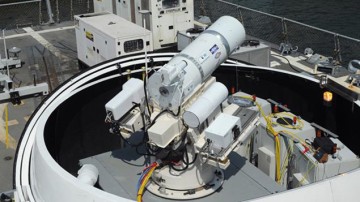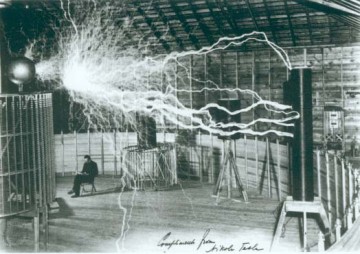 The Sony hack is causing more collateral damage than just a few movies leaked onto the internet.
The Sony hack is causing more collateral damage than just a few movies leaked onto the internet.
Amongst a batch of emails made public by the hackers were several racially tinged emails about President Obama’s imagined movie tastes.
The comments were made by film producer Scott Rudin in private email banter with Amy Pascal, Sony’s co-chairwoman.
Pascal was on her way to a breakfast for Obama that was organised by Jeffrey Katzenberg, chief executive of DreamWorks Animation.
“What should I ask the president at this stupid Jeffrey breakfast?” Ms. Pascal asked Rudin in an opening query. She then speculated that she might ask if Mr. Obama liked “Django Unchained,” about a former slave. Rudin countered with a suggestion about “12 Years a Slave,” while Ms. Pascal suggested other films involving African-Americans.
Rudin wrote: “Ride-along. I bet he likes Kevin Hart.” The email referred to a broad comedy, from Universal Pictures, that starred Hart and Ice Cube.
Rudin, who has been a producer of films like “Captain Phillips” and “The Social Network” for Sony, wrote a long apology on Deadline.com that “private emails between friends and colleagues written in haste and without much thought or sensitivity, even when the content of them is meant to be in jest, can result in offence where none was intended.”
“To anybody I’ve offended, I’m profoundly and deeply sorry, and I regret and apologise for any injury they might have caused… I made a series of remarks that were meant only to be funny, but in the cold light of day, they are in fact thoughtless and insensitive — and not funny at all.”
Pascal added: “The content of my emails to Scott were insensitive and inappropriate but are not an accurate reflection of who I am. Although this was a private communication that was stolen, I accept full responsibility for what I wrote and apologise to everyone who was offended.”
Another Sony executive, Clint Culpepper, used harsh language in suggesting that the studio rebuff a salary demand from Hart, who has starred in several films for the company’s Screen Gems unit, including a coming movie, “The Wedding Ringe”.
“I’m not saying he’s a whore, but he’s a whore,” Mr. Culpepper wrote.
Hart is a little upset. He wrote on his Instagram account. “I will never allow myself to be taken advantage of… I refuse to be broken.”
All these things are the sort of stuff which most corporate networks have, they just prefer they were not made public, which is exactly why the Sony hack was so embarrassing.
Sony expects to face further unauthorised disclosures in the days ahead.
 Software giant Microsoft appears to have despatched an update which behaves like malware to its Windows 7 customers.
Software giant Microsoft appears to have despatched an update which behaves like malware to its Windows 7 customers.


















